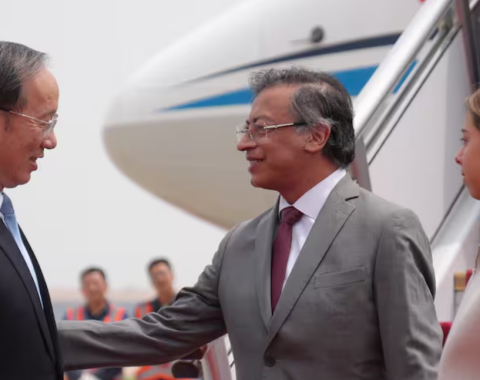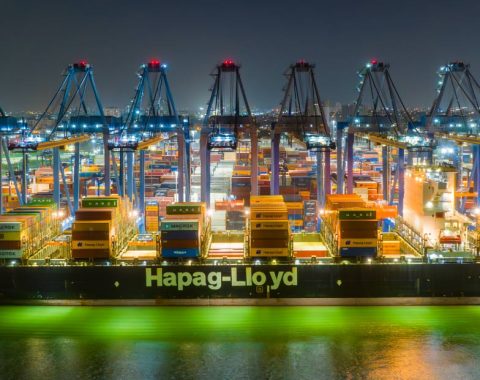The last two weeks have demonstrated a remarkable shift in Colombian diplomacy under President Gustavo Petro. The nation has been at the forefront of interactions with the world’s leading powers, China and the USA, showcasing a strategic balancing act in global geopolitics.
Multiple Agreements for Large Scale Cooperation with China
In an official visit to Beijing, President Petro secured 12 agreements with China, marking a departure from Colombia’s traditionally close alignment with the USA. These agreements encompassed health, agriculture, digital economy, media, and support for post-conflict processes, indicative of a multifaceted partnership. The signing took place on October 25, 2023, and included sanitary protocols for the export of Colombian beef, banana, quinoa, and avocado to China, expected to commence in 2024. Additionally, there was a focus on scientific exchanges, trade, economic cooperation, and cultural collaboration, with both nations committing to bolster agricultural cooperation and educational collaboration for 2023-2028.
The visit has been lauded by China’s ambassador to Colombia as “a full success,” marking the beginning of a new stage in bilateral relations. Notably, China welcomed Colombia into its Belt and Road Initiative, a move poised to enhance trade, public media alliances, and digital economic cooperation. This inclusion promises significant economic engagement, with the initiative already involving over 150 countries and substantial investments that have created jobs and reduced poverty.
A Refreshed Relationship with the Big Brother
Days following the China visit, President Petro was received by President Joe Biden in Washington. Their dialogue, while acknowledging differing perspectives on issues like the ongoing genocide in Palestine, found common ground in climate change, free trade, and drug policy approaches. During this visit, President Petro’s agenda centered on sustainable economic opportunities, aligning with the Alianza para la Prosperidad Económica en las Américas (APEP) initiative, geared towards economic integration and job creation.
In a critical meeting held on November 3, Petro urged President Biden to act to stop civilian casualties in Gaza, articulating a stance against the perpetuation of violence and the failure of security policies based solely on military action. This discourse underscores Colombia’s advocacy for peace and adherence to international law.
A Bold New Proposal: Debt for Climate Action
A groundbreaking proposal has emerged from the discussions between Colombia and the USA: a debt for climate action swap. President Biden has announced a joint fund with the Inter-American Development Bank (BID) for this initiative, signaling a commitment to addressing climate change through innovative financial mechanisms. The BID has already allocated $73.5 million to support Colombia’s energy transition and deforestation containment plan in the Amazon. This movement aligns with President Petro’s broader vision, which has received positive responses from the US government and is expected to be proposed to the International Monetary Fund (IMF) as part of the global fight against climate change.
These developments mark a pivotal moment for Colombian diplomacy, positioning it as a significant player in the geopolitical and environmental landscape championing the new discourse of the global south, effectively navigating the complex dynamics between the two superpowers.





